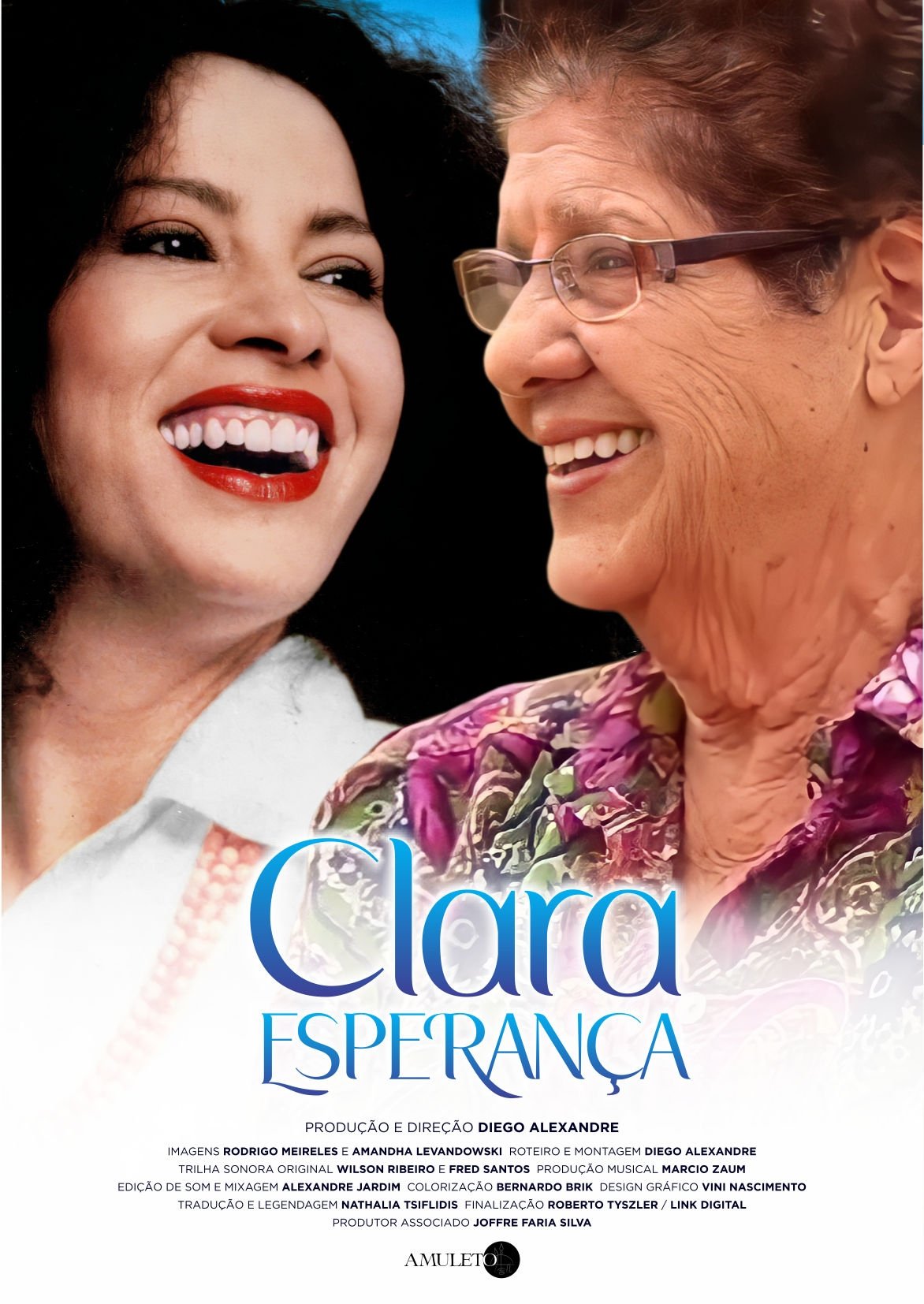


“Dona” Mariquita, a seamstress from the Brazilian countryside, is challenged with fulfilling the unforgettable singer Clara Nunes’ dream, after her tragic and untimely death. Clara was her sister and dreamed of creating an organization to help, educate, and care for dispossessed children. “Dona” Mariquita far exceeds her goals, building an enduring legacy that makes a difference in people’s lives and establishes even more her famous sister’s altruistic reputation.


Since samba emerged in Rio de Janeiro, the presence of women has been fundamental to its creation, maintenance and perpetuation to this day. Muses, pastors, aunts, composers, dancers, godmothers, carnival dancers, mulatas, performers and even as workers, they form a panel of colors, feelings and sounds in the representation of this culture. This film takes a brief look at the history of some of these women, honoring and recognizing their strength.


Orphaned by father and mother, Clara has always dreamed of building a singing career. At the age of 16, she moved to Belo Horizonte, where she won the ABC Golden Voice contest. In 1966, she recorded her first vinyl: A Adorable Voice by Clara Nunes. The approach to samba made her achieve the longed for success, in addition to international repercussion. Clara Nunes revolutionized the music industry, becoming the first woman to break the barriers imposed by the record label.
By browsing this website, you accept our cookies policy.